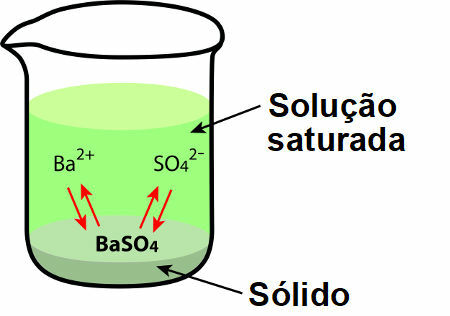Vitamin B12 is essential for the healthy functioning of the body. Its deficiency can lead to a number of worrisome symptoms, including fatigue, muscle weakness, neurological problems and digestive disorders.
See too: B complex vitamins are responsible for maintaining brain health
see more
Better Health in Two Days: The Surprising Effectiveness of End Workouts…
Ministry of Health expands HIV treatment with new drug…
Although incontinence is not a symptom commonly associated with a lack of vitamin B12, it has been perceived as such. It is important to note that any change in the gastrointestinal tract can affect bladder control and lead to such problems.
Study shows relationship between vitamin B12 deficit and trips to the bathroom
The Journal of Gerontology published a recent study linking vitamin B12 deficiency with incontinence in the elderly. According to the data, 41% of patients had the problem.
They reported difficulty controlling their urine and stool during the day. However, the researchers
showed that this symptom can occur in isolation. That means it could be a sign of other conditions.How does vitamin B12 deficiency occur?
Vitamin B12 deficiency occurs when the body does not get enough of this essential nutrient. Whether due to lack of adequate intake or absorption problems in the digestive system.
This vitamin plays a crucial role in the production of red blood cells. blood, in maintaining a healthy nervous system and energy metabolism.
When the body is deficient in vitamin B12, various symptoms occur. The most common ones are:
- Fatigue;
- Muscle weakness;
- Dizziness;
- Tingling in the extremities;
- Memory problems;
- Gastrointestinal disorders;
- Between others.
But about the relationship between vitamin D deficiency and urinary incontinence
Digestion is a complex process and depends on the proper functioning of various parts of the body. A lack of vitamin B12 can lead to digestive disorders such as diarrhea, constipation, loss of appetite and nausea. These changes in the gastrointestinal tract affect bladder control and lead to urinary incontinence.
Urinary incontinence is the involuntary loss of urine and can range from mild to severe. Although it is most commonly associated with aging, factors such as hormonal changes, weakness muscle, urinary tract infections, and changes in bowel function may also contribute to problem.
If you are experiencing urinary incontinence issues, it is recommended to seek medical advice to get a proper diagnosis. Your healthcare professional will be able to assess your situation and determine the underlying cause of your incontinence, considering factors such as vitamin B12 deficiency if relevant.


